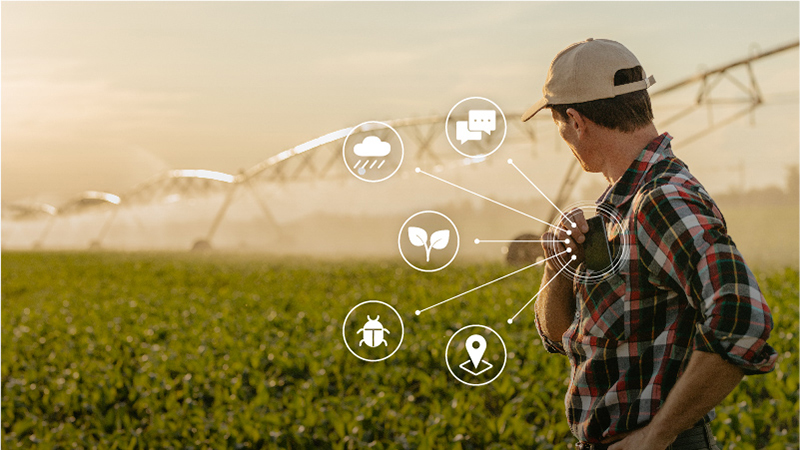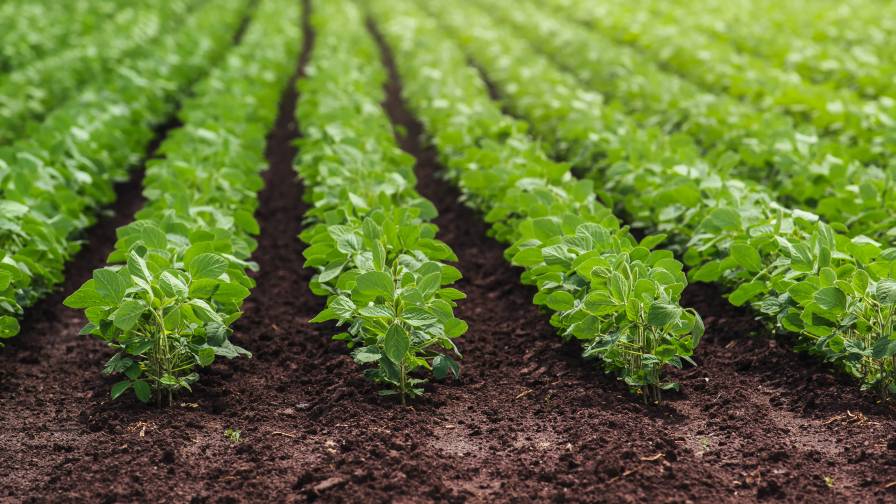HydroBio, Monsanto Work To Increase Sustainability Of Seed Production
HydroBio, Inc. is partnering with Monsanto Co. to further both companies’ commitments to sustainability and supply chain productivity by using satellite imagery and advanced agronomic modeling.
HydroBio is leveraging its expertise in remote sensing analytics and irrigation management to provide crop water use analytics on four continents through a new research agreement with Monsanto’s Global Supply Chain division. HydroBio is driven by its commitment to increasing farm productivity and managing natural resources on the farm; working with Monsanto to implement a global irrigation management tool exemplifies that mission.
HydroBio’s analytics and field monitoring platform combines hyper-local weather data and satellite imagery to assess crop water demand. Monitoring fields with Monsanto in 10 countries (U.S., France, Italy, Hungary, Romania, Mexico, Chile, Argentina, Brazil, and South Africa) allows field managers to make better decisions about where, when and how much water to apply improving irrigation application efficiency in the seed production supply chain.
“The HydroBio irrigation management platform increases productivity and conserves resources,” said Barrett Mooney, Co-Founder and CEO of HydroBio about the research agreement. “We are excited to be expanding our impact through collaboration with a global leader in agriculture.”
As global water use continues to increase, HydroBio’s advanced remote sensing technology and analytics become increasingly relevant in improving the future of farming, the environment, and food security.
“We are undergoing a tremendous effort to evaluate several management practices that will lead to improved irrigation water application efficiency,” said Giovanni Piccinni, Global Production Sustainability Lead at Monsanto. “The collaboration with HydroBio represents one of the many steps we are taking towards our goal. The ability to remotely sense crop water needs and introduce variable rate irrigation technology in our seed production fields will be key to achieving our sustainable production goal.”






